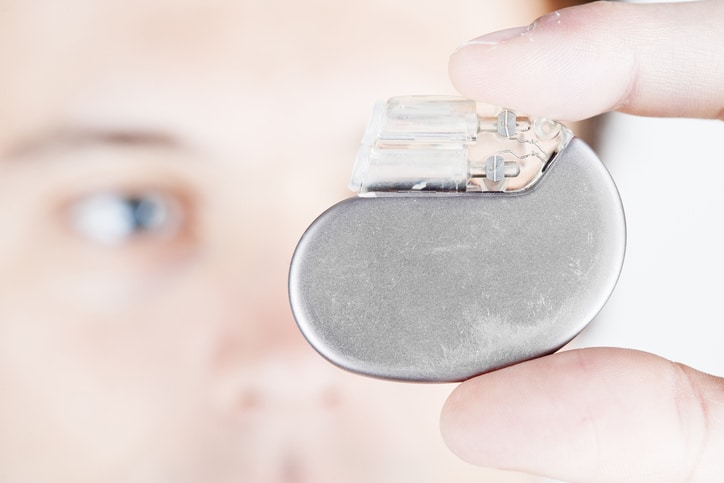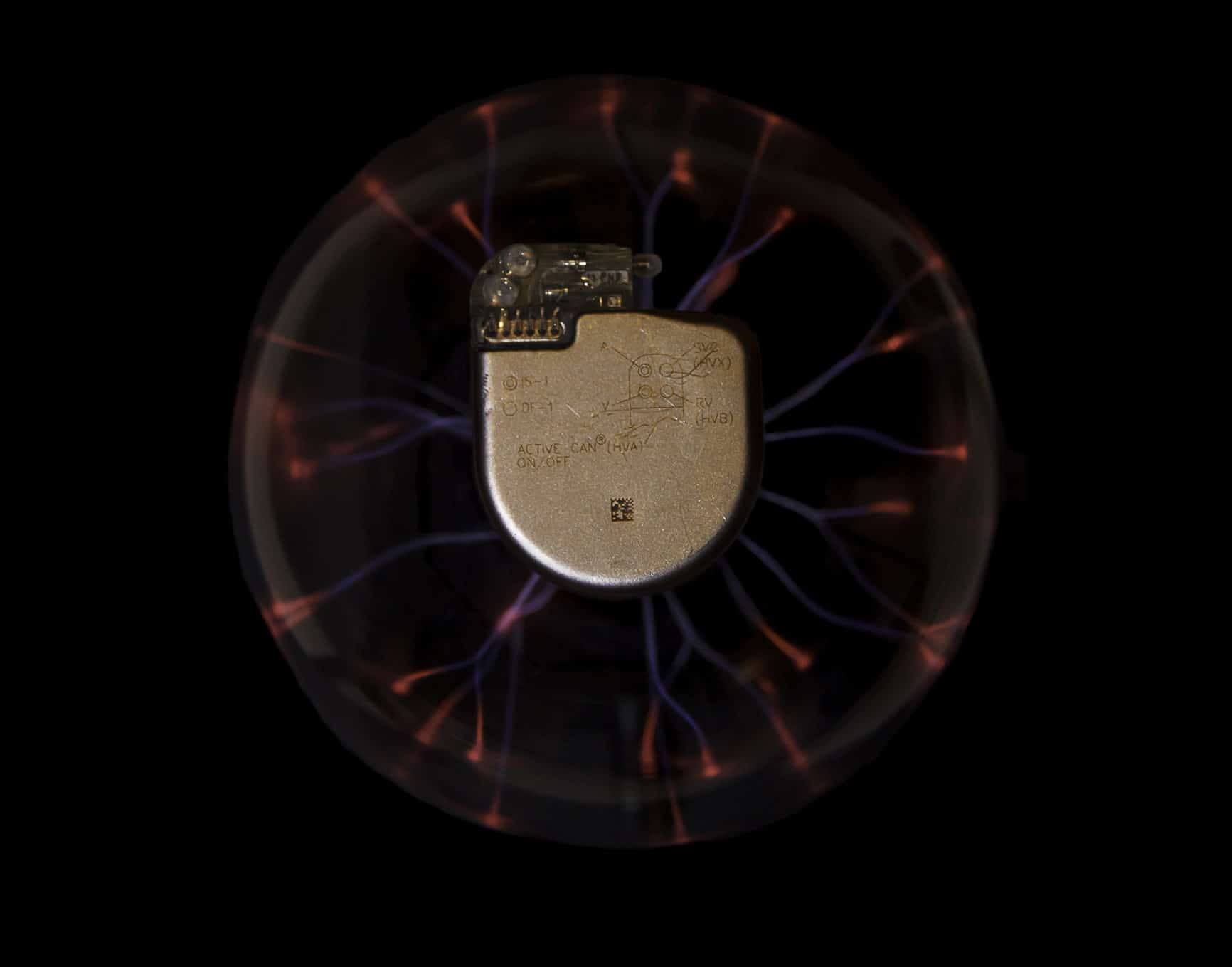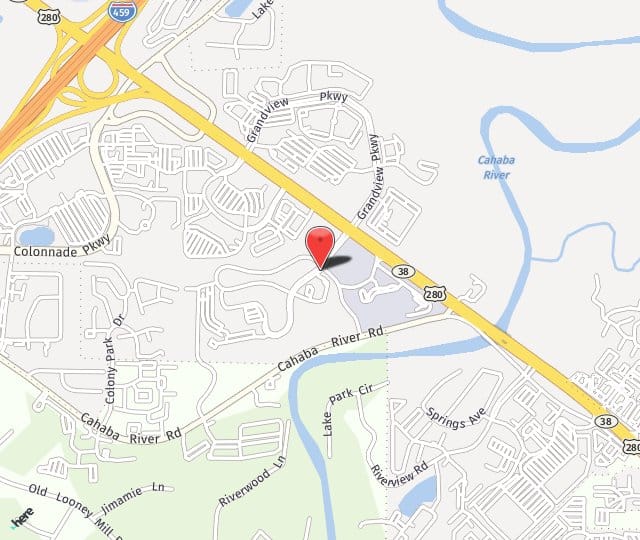
These small battery-powered devices are placed under the skin of your chest or abdomen to help control abnormal heart rhythms. Through wires that travel from the device to the heart, they will apply small painless electrical pulses or shocks directly to the heart to help control life-threatening arrhythmias and make the heart beat in a more normal rhythm.
What are Pacemakers?
Pacemakers may be used when the heart beats too slowly (bradycardia) or has other abnormal rhythms (arrhythmias). In some cases, special cardiac pacemakers also are used to treat the symptoms of heart failure. For example, Dr. Smith may use special pacemakers for cardiac resynchronization therapy to strengthen the force of the hearts contractions in patients with congestive heart failure, enlarged and/or weakened heart muscles, or a significant electrical delay in the lower pumping chambers of the heart.
Pacemaker Implantation Procedure
For a patient to receive a pacemaker, a surgeon will have to implant it surgically. When the surgeon implants the pacemaker, they install two components, the pulse generator, and the leads. The pulse generator contains the battery as well as the information to help control the heartbeat. The leads are the wires that the surgeon will connect to the heart as well as the generator. These leads will transfer electrical messages to the heart.

How long does a Pacemaker last?
Pacemakers are an amazing device and can effectively control and regulate your heart rate. A battery will typically last 7 to 10 years and you should check it regularly and often. If your pacemaker dies or is not regulated, consult your doctor immediately.
Patient Testimonials
"CVA worked me in within a week of being referred. I was then referred to Dr. Smith who worked me in a week later. He’s great to explain everything and he and his staff are very efficient and professional. The system they have maintains patient privacy and is very efficient."
"Definitely one of the best cardiologist in the country in all categories."
What are Defibrillators?

An implantable cardioverter-defibrillator (ICD) treats patients whose lower heart chambers (ventricles) quiver ineffectively (fibrillation) or beat too quickly (tachycardia). Patients who are also at risk of these conditions due to previous cardiac arrest, heart failure or ineffective drug therapy for abnormal heart rhythms use these defibrillators.
An ICD continually monitors the heart’s rhythms and electrical patterns.
When it detects a heartbeat that is irregular or too rapid, it delivers a low energy shock that resets the heart to a more normal rate and electrical pattern (cardioversion).
Defibrillator Implantation Procedure
The surgeon will implant cardioverter defibrillator surgically. The surgeon will start the procedure by making an incision under the collarbone. Next, they will place leads into a vein which they will then be led to the heart chamber where they will attach a generator and place it under the skin of the upper chest. Once the implant procedure is complete, Dr. Smith will program the defibrillator to treat the patient's specific heart rhythm problem.
How long do Pacemakers and Defibrillators last?
Due to their design, Pacemakers and ICDs can last a lifetime, but they do require periodic maintenance. Batteries may last between six to 15 years depending on the device. From time to time, we must replace the insulated wires that lead from the device to the heart (the leads).
Schedule a Consultation
If you suffer from arrhythmias, you may need a pacemaker or defibrillator for treatment. Call 205-971-7566 to schedule a consultation with Dr. Macy C. Smith for more information.

